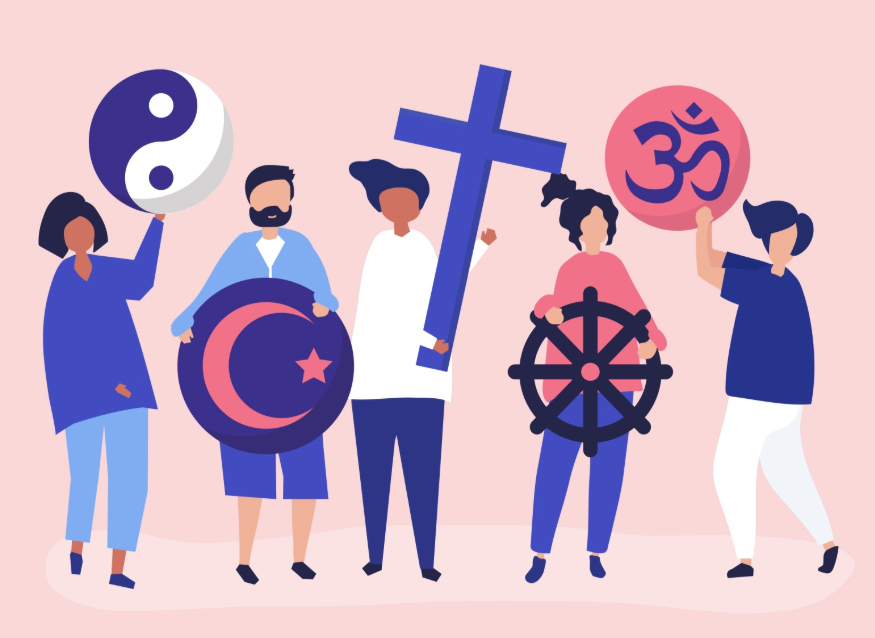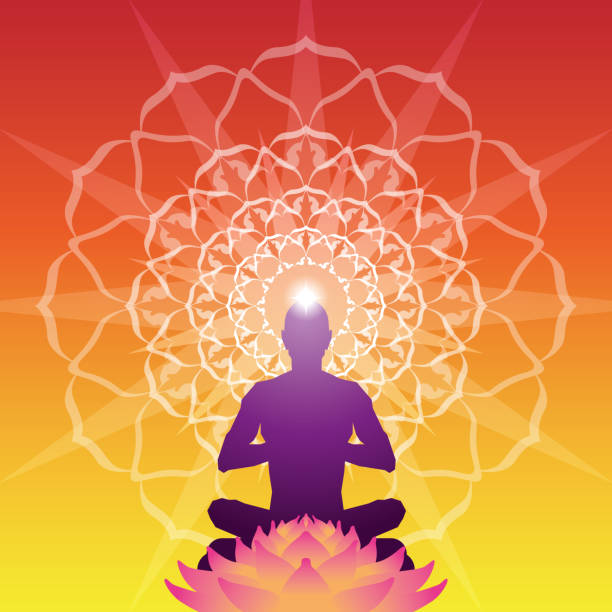
Religious groups often target one another which just creates hate among them and nothing else. Significant facts have often pointed out one particular religious group when it comes to war and terrorism. The world changed post the attacks on the World Trade Center, religious extremism was on the rise and the line that demarcated religion and terrorism appeared to be blurred. The war against terrorism soon took the form of a war against a particular religion, be it Islam in the United States or Christianity in Ireland and Serbia; Religion had become an enemy and instead of uniting the world through peaceful dialogue, more and more were being divided based on the same.
People fail to realize that there may be civilizational ideological differences but not religious. Furthermore, a government cannot be identified with any religion, for instance, the Taliban does not represent Islam nor does the United States represent Christianity. There are many underlying economic and political causes that add the fuel to these fires and must be taken into account before accusing a religious ideology of all the damage. In this article, we shall look into the relationship between peace and religion and try to understand the positive impact of religion that usually tends to be downplayed or ignored.
Popular Opinion
A large chunk of the society believes that religions promote a We-they feeling, a section of people believe they have a special connection with the divine because they follow a set religion, others who don’t are mere inferiors. This is often politicised when others are not only seen as different but competitors in economic and social spheres and these differences are then used as a tool to divide and further demonize the other group. Whereas people from the former are portrayed as the chosen ones and the rest as infidels, which makes it easy to attack the other religion, on the assumption of safeguarding your religious principles and ideologies.
In recent times, there have been many instances that point to the same, be it the attack on the abortion clinics in the United States; Muslims massacring down Hindu families in Kashmir; Christians forcefully converting economically weaker Hindus; all of this point towards enmity and hatred between different religions.

Is religion the main cause of conflict today? This question haunts many and to find an answer to this we must first understand how many conflicts occur because of the involvement of religion and how religion is the sole motivator for such acts. In different studies, it was found that the majority of the conflicts that occur worldwide have different grievances associated with it, in most cases, it is opposition against a particular government, or opposing the economic, social and politics of a state’s system. The need for identity and self-government is one of the major causes of such conflicts. Although the difference in religious ideology does play a huge role in armed conflict, this coupled with other factors gives rise to a hostile environment.
Another popular misconception among the masses is the association of atheism with peace, despite there being no concrete evidence to prove this concept. Today, the most peaceful countries in the world have a demographic mixture of both religious and non-religious individuals. According to 2019 data from the Global Peace Index(GPI), Iceland is the most peaceful country in the world, a position it has held consecutively from 2008, which has a large portion of their population following and identifying themselves with some religious beliefs, in fact, North Korea despite being one of the least religious nations in the world is among the lowest on the peace index.
Role of Religion in Global Peace
We, now have some idea as to how religion is used to demonize and politicize affairs. A war is waged not just to protect one’s life and property but also his religious values and identity which is something that cannot be understood through a secular point of view. To a follower, his beliefs and ideologies are sacred. But if religion is such an ambivalent phenomenon, can it be an important factor in peacemaking? The answer to that is yes, long-lasting peace is hard to attain without the presence of religion(s).
A religion-free society is a society where human reason is the answer to everything. In this society, the economic structures are run on the premise of profit. The political order is maintained by balancing the interests of different groups of society. Free trade has already resulted in a mass divide in society, making the poor, poorer and further increasing the gap and the balancing of political interest is a very impractical solution in a world that is increasingly dominated by superpowers.

This is where religion steps in, which inhibits a sense of moral and spiritual values and the acceptance and appreciation of the dignity of the person in a community and brings about the quest for the common good, both local and universal leading to a society built on the values of equality and justice. After failed attempts at trying to create an ecological discipline between the nations and international agencies being dominated by a select few countries, it is nothing but prominent that humans alone are imperfect and we need a guiding prophetic force to continue our efforts of community building.
No religion in the world preaches violence, and they alone speak the language of compassion and forgiveness. Buddhism has no set of rituals but has proposed ways of meditation for different individuals, Hinduism has always talked about different religions as different ways to spiritual liberation, just like different rivers joining the same sea. Every religion talks about peaceful dialogue and respecting one’s own way of living. Interreligious dialogue helps each religion to look at their own ways in a fresh light in view of another, ushering in reform and new developments.
Despite hard times, we must all come together and solve the differences that divide us through dialogue and build a society based on the principles of justice, freedom and equality. The government and economic policies should remain autonomous but it shouldn’t be absolute and have a constant dialogue with religious institutions to build a just and humane society.